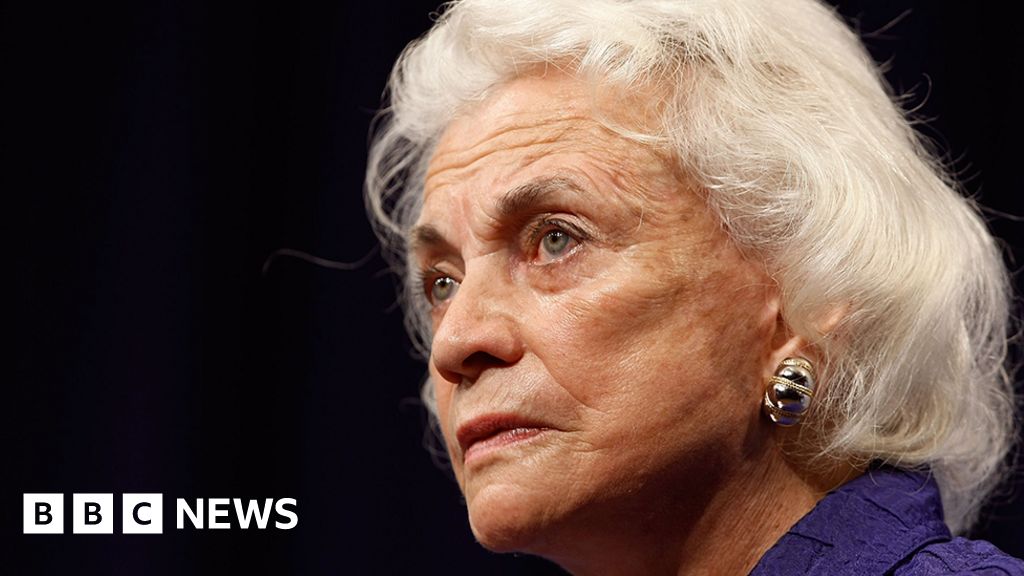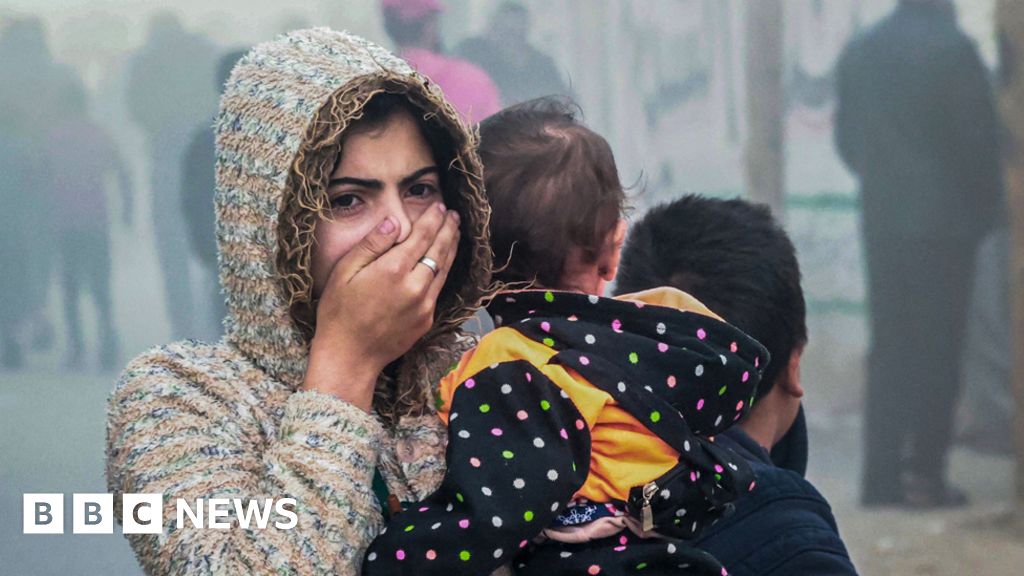In Yemen, Conflict and Hunger Stalk a Lean Ramadan
In the years before war and hunger upended daily life in Yemen, Mohammed Abdullah Yousef used to sit down

In the years before war and hunger upended daily life in Yemen, Mohammed Abdullah Yousef used to sit down after a long day of fasting during Ramadan to a rich spread of food. His family would dine on meat, falafel, beans, savory fried pastries and occasionally store-bought crème caramel.
This year, the Islamic holy month looks different for Mr. Yousef, 52, a social studies teacher in the coastal city of Al Mukalla. He, his wife and their five children break their fast with bread, soup and vegetables. Earning the equivalent of $66 a month, he frets that his salary sometimes slips from his hands in less than two weeks, much of it to pay grocery bills.
“I’m fighting to make ends meet,” Mr. Yousef said in an interview, describing how even before Ramadan he had begun skipping meals to stretch his meager paychecks, yet could barely afford bus fare to his job at a primary school.
A decade ago, his salary covered his family’s needs and more. But conflict, poverty and hunger have overtaken much of Yemen. As rapid inflation eats away at their spending power, middle-class Yemenis like Mr. Yousef have found themselves sliding into economic collapse.
Muslims abstain from food and water between dawn and sunset in observance of Ramadan, which is meant to be a time of worship, celebratory gatherings and nightly feasts. But it has been a desperate occasion this year for many across Yemen. The country is home to one of the world’s worst humanitarian crises, precipitated by a war that began 2014, which experts warn may be drifting toward a deeper disaster.
After two years of relative quiet, conflict in Yemen is threatening to ramp up again. The Iran-backed Houthi militia that controls much of the country’s north is attacking ships in the Red Sea, calling it a campaign to pressure Israel over its bombardment of Gaza. In response, a U.S.-backed coalition is carrying out airstrikes on Yemen — all of which is increasing the insurance cost of shipping goods to the country, which is dependent on imports.
More than 18.2 million people out of the population of 35 million now require humanitarian assistance, but funding has fallen as international donors turn their attention to other crises, including the war in Ukraine and an imminent famine in Gaza.
In December, the World Food Program suspended food distribution in Houthi-controlled territories, where a vast majority of Yemenis live. The agency, which is run by the United Nations, said the decision was driven by “limited funding,” as well as disagreements with the Houthi authorities over reducing the number of people served to focus on the neediest families.
Edem Wosornu, the director of operations and advocacy at the United Nations Office for the Coordination of Humanitarian Affairs, warned on March 14 that food insecurity and malnutrition in Yemen had surged in recent months. The progress the agency had observed over the past two years was “at the risk of unraveling,” she said.
Spring is generally a harvest season of relative plenty in Yemen, said Peter Hawkins, a UNICEF representative to Yemen. But he said he worried what would happen in the summer and the fall, when the “hunger season” arrives.
Last year, the United Nations sought $4.3 billion to pay for aid operations in Yemen and received less than half that from donors. This year, it put out a more modest plea for $2.7 billion.
“Lack of food today, tomorrow, is not a big problem,” Mr. Hawkins said. “It’s the cumulative impact that is a big problem, because that’s where destitution starts to settle in.” The bigger concern, he said, was that the international community had not yet responded to 2024 food aid needs. “And every day that they delay,” he added, “every day it will get worse.”
Yemenis like Mr. Yousef split their lives into periods before and after the war splintered their country. Before, he used to be able to afford special purchases for his family like a whole goat, and he was even able to pay for a trip to Mecca for an Islamic pilgrimage, he said.
Then, in 2014, the Houthis — an armed group with a stronghold in Yemen’s northern mountains — seized on a period of political instability to take over the country’s capital, Sana. A Saudi-led military coalition, backed by U.S. assistance and weapons, began a bombing campaign in 2015 to try to restore the internationally recognized government. The coalition enforced a de facto naval and air blockade that restricted the flow of food and other goods into Houthi-held territory.
As the war ground on for years, hundreds of thousands of people died from violence, hunger and disease. Children starved to death — their emaciated bodies documented in stark photographs published by Western news outlets — and the potential of a widespread famine loomed.
The Saudi-led coalition eventually faced international pressure to pull back, and in 2022, a tentative truce took hold. That left the Houthis entrenched in power in the north and Yemenis in a sort of limbo — not peace, but a respite from war’s worst consequences. The country’s already fragile economy, however, was decimated.
Mr. Yousef’s salary has technically gone up by more than 50 percent since the war began, but that increase has vanished amid inflation, as the Yemeni currency becomes increasingly worthless. Dueling central banks in the north and the south of the country set different exchange rates, and the black market operates on a third. In 2014, it took about 215 Yemeni riyals to equal $1; now, where Mr. Yousef lives, it is 1,650.
Al Mukalla is in southern Yemen, nominally controlled by the internationally recognized government. In Houthi-controlled territories, thousands of state workers, including teachers, have not received salary payments in years.
As a result, deprivation is a feature of daily life. Each night, Mr. Yousef’s family crowds into one room to sleep because it is the only one with an air-conditioning unit to ease the sweltering heat. Even if he could afford another cooling unit, he said, he could not pay the electricity bill to operate it.
“We have foregone meals and stopped purchasing stuff to maintain our dignity and avoid asking others for money,” he said.
Mohammed Omer Mohammed, a grocery store owner in Al Mukalla for three decades, can see the impact in his shop as purchasing power plummets. Instead of rice, customers buy subsidized bread. He said he stopped stocking goods like Nutella and high-quality canned tuna because his customers can no longer afford them.
In the evenings, Ramadan shoppers still gather at a busy market in the city, where vendors sell hamburgers and fresh fruits. But merchants said the trade was not what it used to be. Shoppers stop to ask how much things cost, then buy nothing. Those who do buy haggle relentlessly over the price.
“Each year becomes worse than the previous one,” said Abdullah Badwood, a gold merchant, who has found that instead of buying gold, many of his customers want to sell.
This Ramadan has been particularly difficult for Hussein Saeed Awadh, 38, a father of three in Al Mukalla. He earns 55,000 Yemeni riyals a month as an Arabic teacher, a salary that is now worth less than $35. That disappears in a few days as he pays off bills, he said, so in the afternoons he has taken a second job as a street vendor.
Years ago, Mr. Awadh’s family broke their Ramadan fasts with fresh fruits, pastries and chocolates. Now for their evening meal they have coffee and dates, and — because he cannot pay for more expensive meat — they eat soup with tripe.
A whole chicken would cost more than 5,000 Yemeni riyals — a tenth of his monthly salary. A kilogram of local mangos would cost 3,000 riyals; imported oranges about 3,500. All of it is more than many Yemenis can afford. But it is not just food that is out of reach.
Recently, Mr. Awadh found that his 6-year-old daughter’s teeth had been breaking because she was not getting enough calcium. A four-pound container of powdered milk costs 14,000 riyals — an entire week of his wages as a teacher.
“The doctor prescribed medicine and told me to give her milk,” he said. “But I can’t afford it.”







